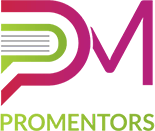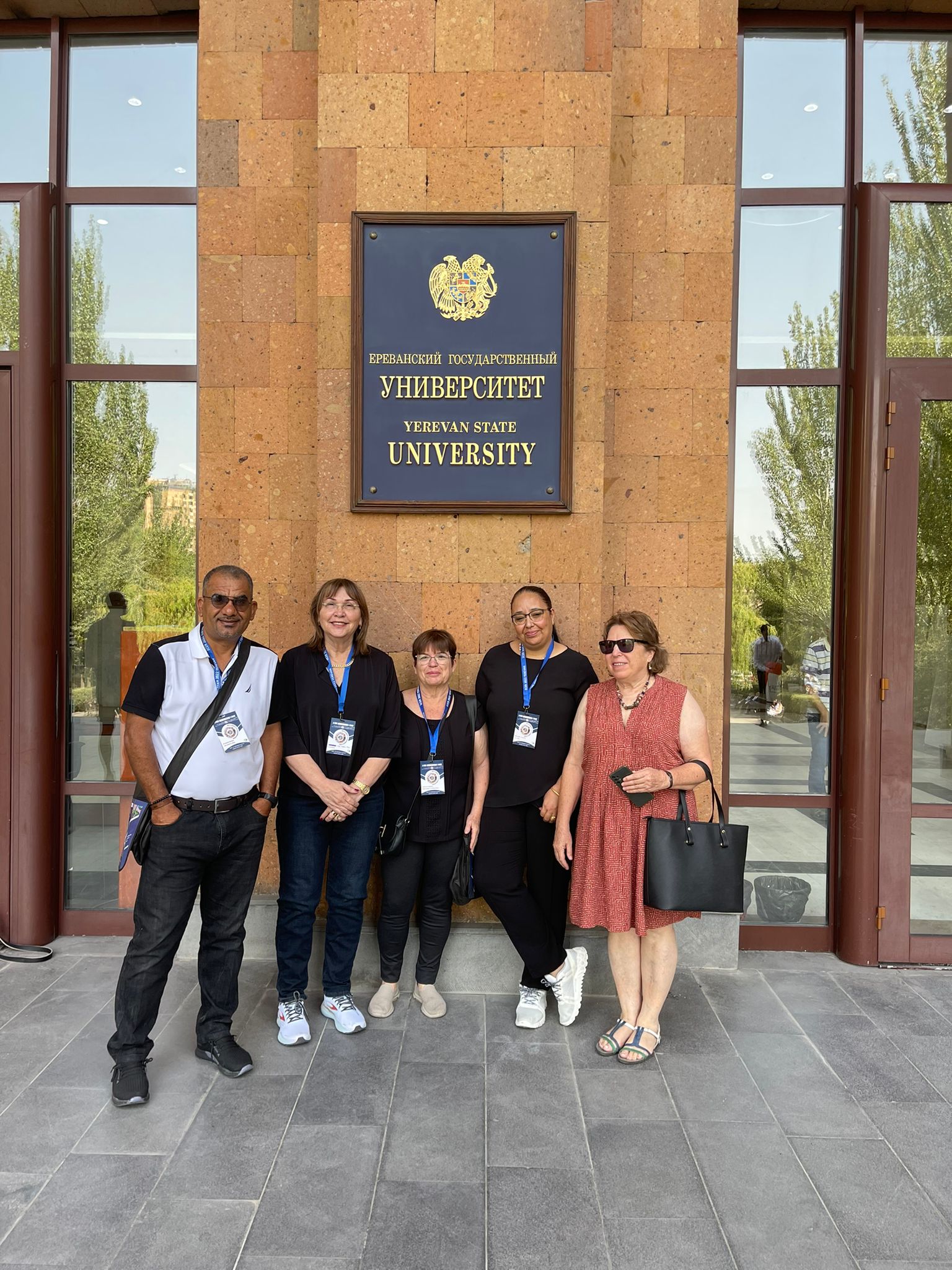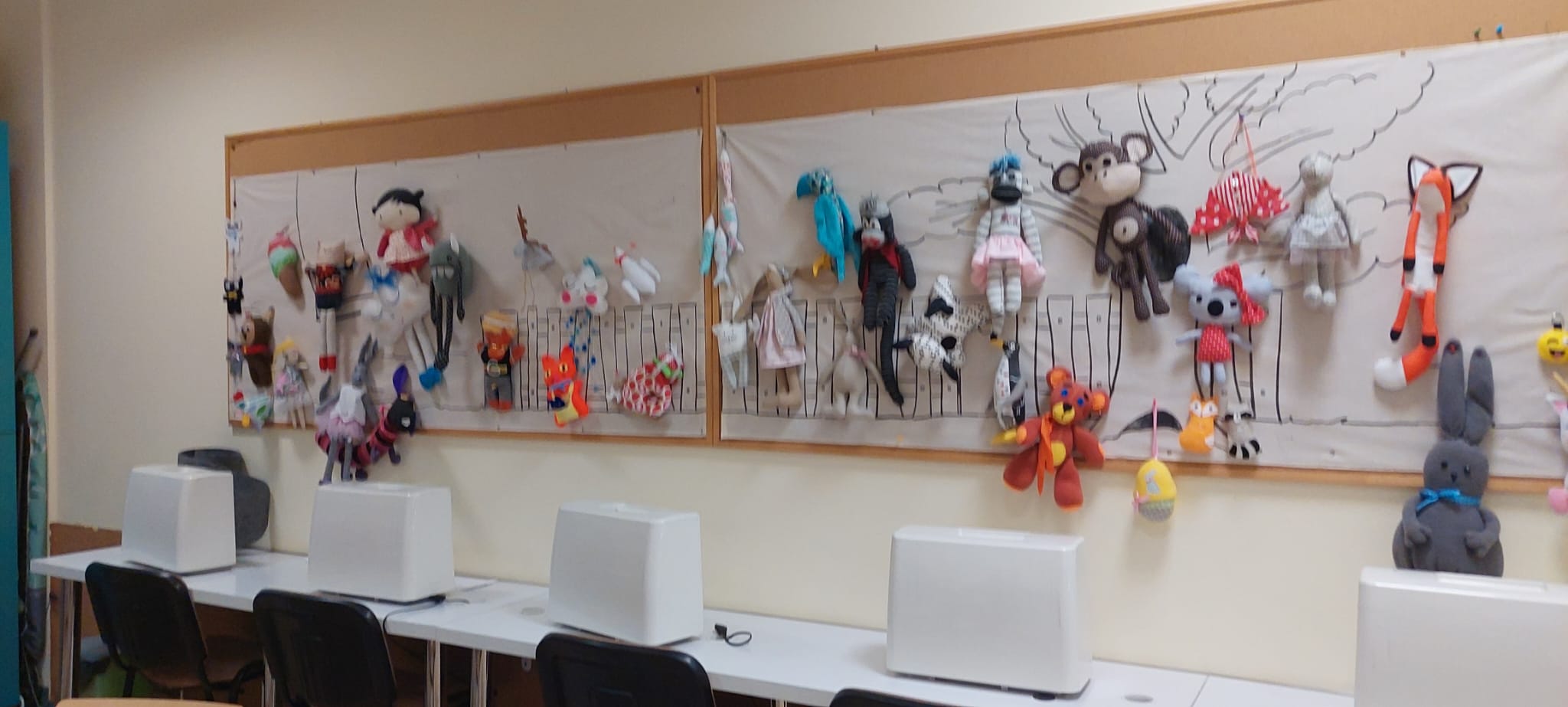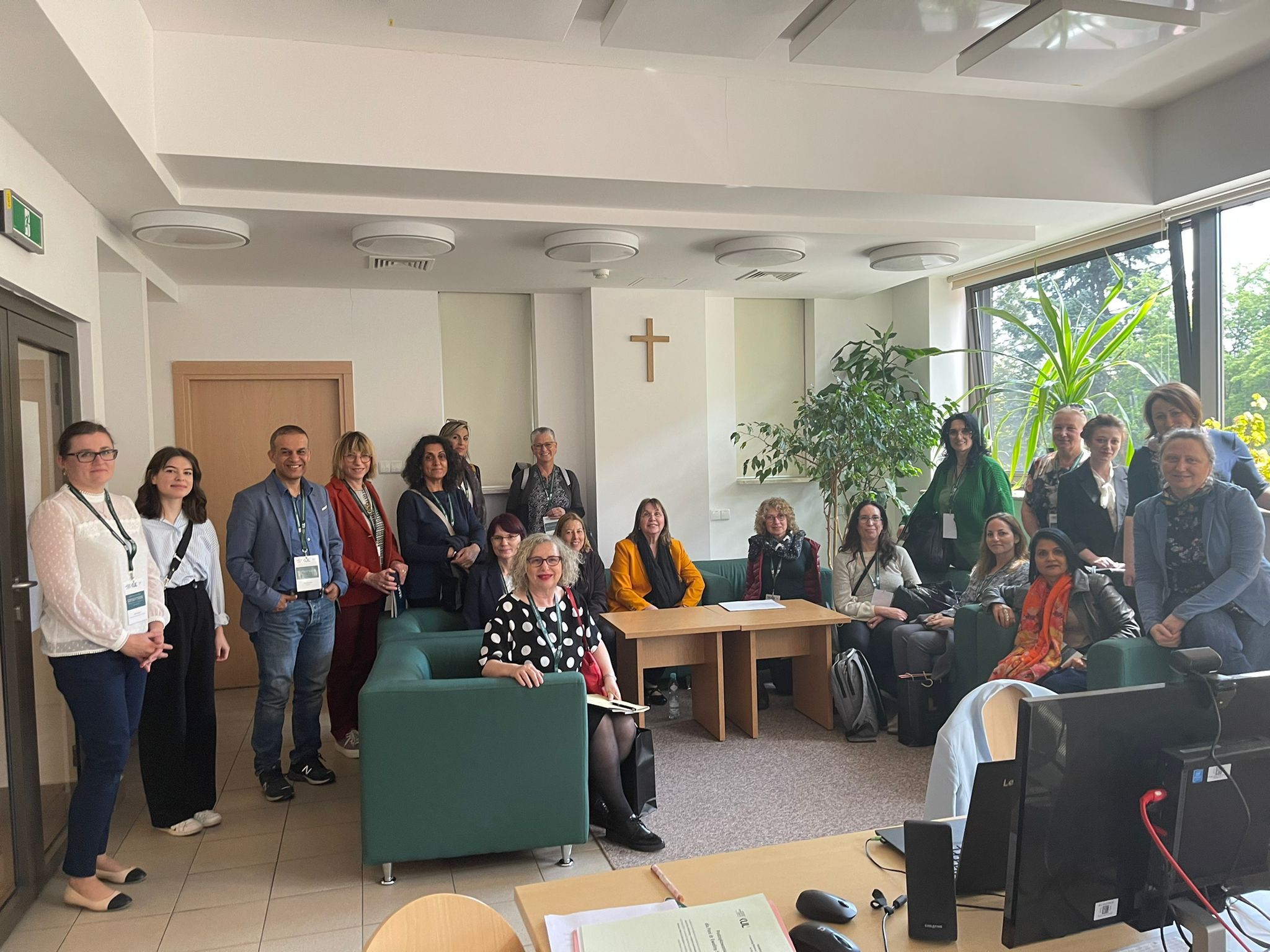Written by: Dr. Sameer Majadly
A few days ago I returned from the international conference “Mentoring in teacher training: Agent-Aspects-Aspirations” hosted by The John Paull Catholic University of Lublin, Poland.
On the second day of the conference, the conference leaders organized a school visit. Up to that point, I did not remember how important, instructive and thought-provoking the encounter with the field is.
I chose to visit the school of “Szkola Podstawowa NR 21”.
Actually, I chose this school randomly, without any prior knowledge of the school. Several members of the Israeli group accompanied me. The school was not far from the university, so we went there by foot. The school was located in one of the beautiful neighborhoods in the city of Lublin.
At the entrance of the school, we were greeted by a group of teachers, the principal, an English teacher and a group of students. It was a very respectful welcome.
After the introduction round and getting to know the school’s achievements – annual and semester activities and projects, we went on a tour to visit school facilities and classrooms.
It is a comprehensive school that was established decades ago and has undergone various changes, with more than 930 students currently studying from kindergarten to eighth grade.
While touring the school corridors and classrooms, two things caught my attention; the first one was the high level of cleanliness, and the second one was the students and teachers with high morals who welcomed us with a charming smile.
School students are as serious, caring and focused on lessons as a school student should be! I could notice the effective school discipline even with first graders.
The school is distinguished by computer infrastructure as well as its library, playgrounds, laboratories, rest rooms, restaurant, general and dental clinic, art and games rooms that make the school an autonomous city of its own. An ideal environment for raising the younger generation – the next generation. All services are provided free of charge!
What we noticed in the school is “Leadership” that is based on an educational policy and an orderly plan of action aimed at excellence.
The school principal defined what she aspires to achieve without ignoring the difficulties encountered along the way, such as: the absorption of Ukrainian refugee students, or for example the low salaries of teachers.
In the school, educational activities are characterized by group work; meetings are held in which a situation is assessed, analyzed in depth, goals are set, and operational decisions are made. It is a school
that has policy, outlines direction, and creates opportunities.
Teachers in the school are independent; they have the right to make decisions related to their own work and teaching within the framework of school policy, vision and curricula.
During the visit, I thought a lot about the similarities and differences between the situation in Israel and the situation in Poland. I tried to figure out what creates the differences and how one can learn from what we experienced and saw there. I started taking notes and taking pictures hoping to share them with my colleagues upon returning to Israel. I asked, is this not the time to organize field visits and an open conversation with school staff in Israel?
During the visit I saw that the teaching staff at the school consists of over 90 teachers, new and veteran, there are no interns or new teachers in the school in the current school year. The school adheres to conditions that allow for optimal absorption of new teachers, in which that it allows for soft integration in a supportive, accepting and caring climate, facilitating the response to the needs of the intern and the new teacher.
The school allows the intern and the new teacher to initiate and be at the forefront. The school has built a program of personal tutoring for interns and new teachers by professional veteran teachers who are carefully selected by school principal and administrative staff. These teachers participate in evaluating the work of the intern and the new teacher, and their main task is providing emotional support and professional guidance.
A recruited intern goes through four stages in his first four years at the school:
- Specializing in teaching
- A new teacher
- a non-permanent teacher
- a permanent teacher
For the transition from year to year, the teachers undergo assessment processes and tests until they becomes permanent teachers.
In light of what we have seen, heard and experienced; a picture of a school that poses quite a few challenges to the education system in Israel, and especially the Arab education system.
During the visit, we said many times: “Oh, we wish the same” and sometimes we looked at each other without saying a word! This was a learning experience that can guide us in the planning of the present and the near future.
How much can you learn from a visit?
Go visit schools!








